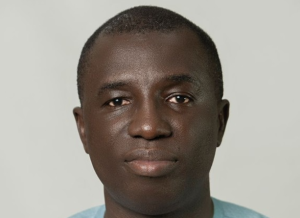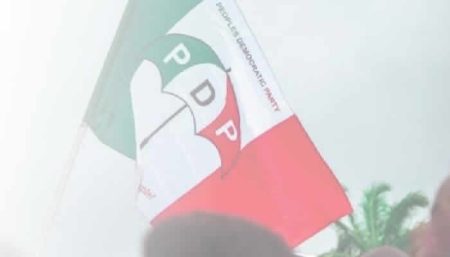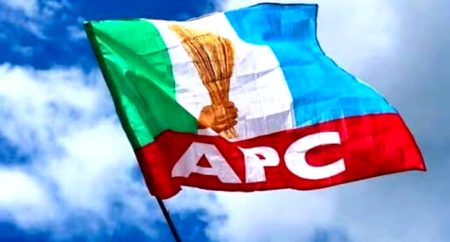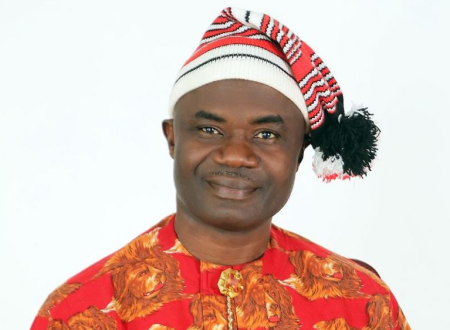The crux of the disagreement between Governor Biodun Oyebanji’s administration and All Progressives Congress (APC) chieftain, Olukayode Oluyemo, revolves around the responsibility for the repair of dilapidated federal roads in Ekiti State. Oluyemo contends that the state government should shoulder the immediate responsibility of fixing these roads, citing past precedents where state governments undertook repairs and subsequently sought reimbursement from the federal government. He criticizes the Oyebanji administration for allegedly shifting blame to the Federal Government and questions the utilization of “huge allocations and intervention funds” received over the past three years.
Conversely, the state government, through the Special Adviser on Information, Taiwo Olatunbosun, refutes Oluyemo’s accusations, labeling him an “attention seeker.” Olatunbosun insists that the state government has never blamed the Federal Government for the poor road conditions and expresses gratitude to President Bola Tinubu for awarding contracts for the rehabilitation of four major federal roads in Ekiti, with contractors already mobilized. He emphasizes that state allocations are being judiciously utilized for various developmental projects, including road rehabilitation and construction, which are central to the state’s development agenda.
This disagreement underscores a broader issue of fiscal federalism and the delineation of responsibilities between federal and state governments in Nigeria. While federal roads are technically the responsibility of the Federal Government, their poor condition often necessitates immediate intervention, especially when they significantly impact local communities. Oluyemo’s argument reflects the perspective that the state government should prioritize the welfare of its citizens by addressing urgent infrastructure needs, even if it entails initial expenditure with the expectation of later reimbursement.
The state government’s response, however, suggests a focus on established procedures and a belief that the Federal Government is ultimately responsible for federal roads. The acknowledgement of President Tinubu’s intervention further indicates that the state government recognizes the Federal Government’s role and is working collaboratively to address the road infrastructure challenges. The mention of ongoing projects and the utilization of state allocations for developmental initiatives aims to demonstrate the government’s commitment to infrastructure development within its purview.
The differing perspectives also highlight the political undercurrents within the APC in Ekiti State. Oluyemo’s criticism of the Oyebanji administration, despite both belonging to the same party, could suggest internal divisions or a strategic attempt to exert pressure on the government. The state government’s dismissive response, characterizing Oluyemo as an attention seeker, further indicates a strained relationship and a reluctance to engage with his criticisms constructively.
Ultimately, the debate over the responsibility for federal road repairs in Ekiti State reflects the complex interplay between federal and state governments, the challenges of infrastructure development in Nigeria, and the political dynamics within the ruling party. While the immediate concern is the urgent need to repair the dilapidated roads, the underlying issues of resource allocation, responsibility sharing, and political accountability require a more nuanced and long-term approach. This situation calls for a more collaborative effort between the federal and state governments, prioritizing the needs of the citizens and ensuring effective and sustainable infrastructure development. The ongoing projects initiated by the Federal Government offer a glimmer of hope, but the timely completion and long-term maintenance of these roads remain crucial.














